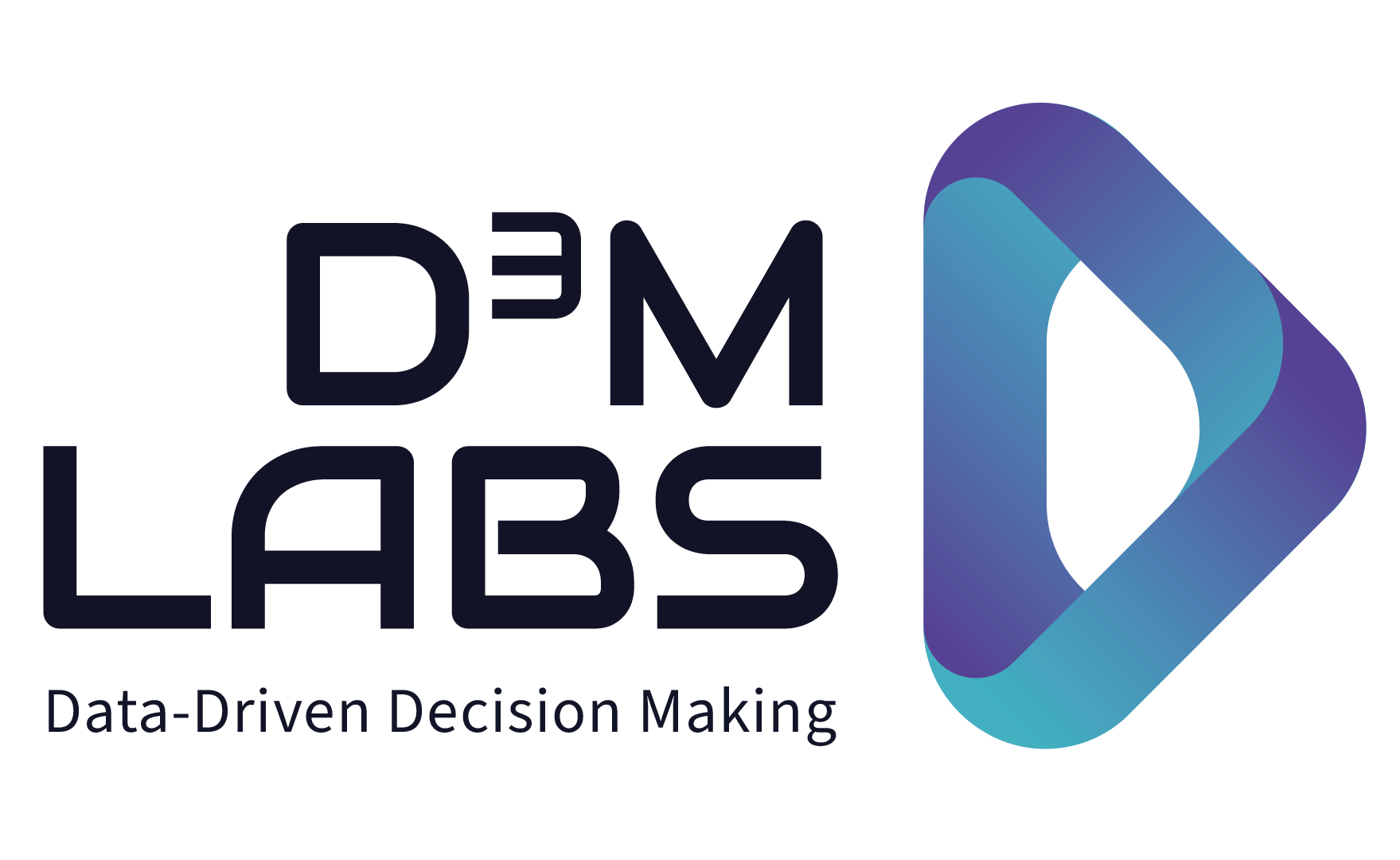Autor: Elizabeth Press
Die nachhaltige Beschaffung von Datentools ist dringend erforderlich,Teil 1: Coole Tools und Data Teams auf dem Boulevard der zerbrochenen Träume
Coole Tools sind oft die heiße Hookup des Data Leaders (oder Stakeholders), um am nächsten Morgen mit den Klamotten von gestern in einer kalten Gasse zu landen. Coole Tools werden gekauft, installiert, ausprobiert und für den nächsten vielversprechenden Anbieter aufgegeben. Und das bedroht ernsthaft die finanzielle und operative Überlebensfähigkeit des Data Teams. Warum sind Data Tools so verführerisch?
Wie können wir verhindern, dass die Beschaffung zu einem Boulevard der geplatzten Träume und nicht realisierten Projekte wird?
Sustainable data tool purchasing, Part 1: Cool tools on the Boulevard of Broken Dreams
Cool tools are often the Data Leader’s (or stakeholder’s) hot tech hookup, ending up in a cold alley with yesterday’s clothes the morning after. Cool tools get purchased, installed, tried out and abandoned for the next promising vendor. And it’s seriously threatening data teams‘ financial and operational viability.
Why are data tools so seductive?
How can we prevent procurement from ending up in a boulevard of broken dreams and unrealized projects?
How can analytics become a revenue generating function?
The first Decision Lab Round Table covered the topic of how to make Analytics a revenue-generating function. We had a cross functional discussion involving data professionals, as well as adjacent professions who are working in Europe and the USA. This blog covers the discussion points, as well as D3M Labs commentary about how analytics should be a business function.
Wie kann Analytik zu einer Umsatz generierenden Abteilung werden?
Der erste Decision Lab Round Table befasste sich mit dem Thema, wie man die Analytik zu einer Umsatz generierenden Abteilung machen kann. Wir hatten eine funktionsübergreifende Diskussion unter Beteiligung von Datenexperten und benachbarten Berufsgruppen, die in Europa und den USA arbeiten. Dieser Blog enthält die Diskussionspunkte sowie einen Kommentar von D3M Labs dazu, wie Analytik eine Geschäftsfunktion sein sollte.
Solving the speed vs. quality experimentation dilemma and growing the New York Times- an interview with Shane Murray
Contextualizing our world with data, part 4: Journalism. Solving the speed vs. quality dilemma and growing the New York Times, also during the Trump years. Shane Murray, Field Chief Technology Officer at Monte Carlo and former Senior Vice President of data & insights at The New York Times, talks with about experimentation and growing a digital subscriber business, the New York Times. Shane talks about how to solve the experimentation speed vs. quality dilemma – and often outright conflict – between business stakeholders and data teams. Shane also talks about how the New York Times transformed itself into a digital subscription product and tech company.
On the communication front with the Ukrainian PR Army – an interview with Liuka Lobarieva
Contextualizing our world with data, part 3: Public Relations. Liuka Lobarieva, co-founder and coordinator at the Ukrainian PR Army, has been volunteering as a coordinator for Food Safety and Nuclear Safety since Russia invaded Ukraine. She is driven by her conviction that it is important to tell the truth about the war caused by Russia in the very center of Europe today. She does this while she is working as Public Relations and Communications Manager at Datuum.ai, a startup using AI to automate data pipelines. Liuka gives a unique glimpse into the virtual world of PR professionals telling Ukraine’s story and narrates her own experiences before and since the Russian invasion of Ukraine. The Ukrainian PR Army is data-driven. Liuka tells us how.
Nurturing the customer relationship with data – an interview with Sarah Carr
Contextualizing our world with data, part 2: Customer Relationship Management (CRM). Sarah Carr is a recovering Marketer who has gone on to become a CRM systems nerd. Aside from core CRM, Sarah also works on data governance, data quality, and privacy. Looking back at her journey, Sarah talks about how CRM went from email marketing to automated omni-channel orchestration of the customer experience. Sarah also gives her insight on how data teams and stakeholders can utilize self-service and data education to drive business forward together. Moreover, she discusses how Arts degrees can be good breeding grounds for analytical minds.
Why creatives in advertising should embrace data science and data mining – an interview with Les Guessing
Contextualizing our world with data, part 1: Advertising. Les Guessing has a high school degree (barely) but has managed to find great success as an Emmy Winning Copywriter / Creative Director in Los Angeles (and beyond) in advertising – the marketing arm of Capitalism. Over the last 10 years, he has become hellbent on using data/Data Science/Machine Learning and aspects of Artificial Intelligence (especially NLP, Natural Language Processing) to make advertising creative more insightful, more efficient, more impactful, and funnier. He explains why creatives should work with data because. Among other reasons, the creative mindset enables them to look at data and see something from an entirely different perspective than data people.
Contextualizing our world with data, a D3M Labs Series
Contextualizing our world with data. A four part D3M Labs series about how communications professionals use data. Writing and other forms of communications might be art, however, technology is the means by which thoughts, news, images, etc. are conveyed, stored, measured and iterated. The impact can range from branding and connecting with customers and prospects, to reporting about world events.
Launching a human understandable data pipeline in times of war – and interview with Dmytro Zhuk
Automating the ETL process using deep learning and semantic data type detection is never easy, especially in the midst of war. One year after Russia’s invasion of Ukraine, Dmytro Zhuk, founder and CTO of Datuum.ai talked to Elizabeth Press from D3M Labs about his experiences as a family man and an entrepreneur in Kharkiv. He also shares his vision and hopes for the future.








